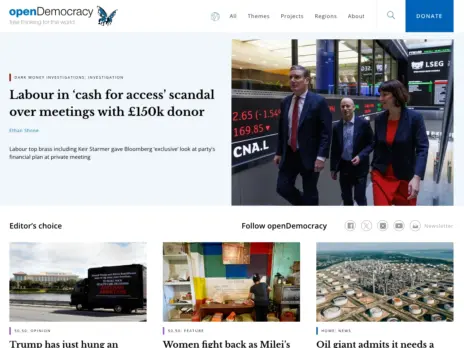Shift work is a mainstay of freelance journalism, and the way many newly qualified journalists get their first foot on the job ladder. But for those fresh out of college, it can be a bewildering way to start out. Just how should you go about getting shifts, how can you impress, and what rights do you have once you start casual work?
‘Nothing beats networking, except perhaps nepotism,’says Chris Wheal, freelance journalist and chair of the NUJ‘s Professional Training Committee. ‘You can get work through the contacts you have made at NUJ branch and chapel meetings, through your own work experience and from your college.
‘Cold-calling is incredibly difficult. Use internet forums too to make contacts – I gave some paid shifts to a student who I got to know through The Fleet Street Forum, so it does work.
‘Covering for staff summer holidays is a good way to get shifts, so don’t bugger off on your round the world trip in the summer.”
Brian Whitaker, an editor on Comment is Free, and former managing editor of The Guardian said that those looking for more than just a bit of extra cash tend to be the best candidates: ‘If I was hiring casuals myself today I would look for people who are trying to move up the ladder and get some experience to put on their CV, rather than those who are basically looking for some extra money to pay their mortgage.”
How to impress
Getting your first shift is just the first step. To become a regular shift worker, and even to net a full-time job, it’s important you stand out. Knowing the basics – house style, how to structure a story, using simple language – is a start, but to stand out you’ll need to do more.
Wheal suggests that learning the news editor’s preferred story angles and intros is a good start, adding: ‘Even better, bring in an off-diary story from your own contacts – that will impress.”
Daily rates on magazines and regional titles start from about £120 a day, though as a new graduate you may be expected to prove your worth on less. Expect to earn less working for a local paper. Detailed guidance on rates is available from the NUJ’s freelance website.
Know your rights
Changes to employment law mean casual workers have some protection from day one. From your first shift, you are entitled to the minimum wage, equal pay, working hours and breaks, protection against discrimination, and the right not to be refused work due to union membership.
The introduction of such protections have made some publications more cautious about taking on casuals. ‘These days, once people start working regular shifts they soon acquire employment rights,’said Whitaker. ‘That’s good for the people concerned, but it often means they get a permanent job by default, without going through a proper selection procedure.
‘That cuts across the principle of equal opportunities – an area where the newspaper industry’s performance is already far from exemplary.”
As ever with journalism, the key is getting your foot in the door, or failing that, keeping in touch with people who have. ‘I think it’s fair to say there was also a certain amount of cronyism in the system – people wangling shifts for their mates, that sort of thing,’said Whitaker.
Email pged@pressgazette.co.uk to point out mistakes, provide story tips or send in a letter for publication on our "Letters Page" blog






